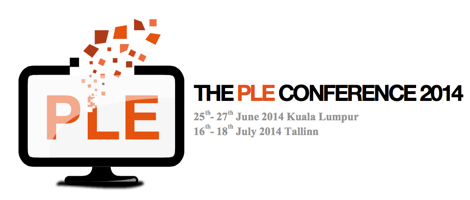User Stories and Persona
I worked with Owen Grey on the slides for my presentation on ‘Developing Context and Work Based Mobile Learning in the Construction Sector’ at the Bristol Ideas in Mobile Learning symposium. And I included a series of Persona developed through early work in the Learning Layers project. Owen was not impressed – they are dreadful he said, they do not match reality. He was right and indeed I deleted the slide. But during my presentation, I stated my difficulty with Persona and this led to some discussions (to say nothing of tweets).
In the past I have been fond of persona as a working methodology. Indeed, I even wrote a guide to how to develop Persona for the EU G8way project. Here is an extract:
Identifying Personas
Personas are fictional characters created to represent the different user types within a targeted demographic, attitude and/or behaviour set that might use a site, brand or product in a similar way (Wikipedia). Personas can be seen as tool or method for design. Personas are useful in considering the goals, desires, and limitations of users in order to help to guide decisions about a service, product or interaction space for a website.
A user persona is a representation of the goals and behaviour of a real group of users. In most cases, personas are synthesised from data collected from interviews with users. They are captured in one to two page descriptions that include behaviour patterns, goals, skills, attitudes, and environment, with a few fictional personal details to make the persona a realistic character. Personas identify the user motivations, expectations and goals responsible for driving online behaviour, and bring users to life by giving them names, personalities and often a photo. (Calabria, 2004).
Personas can be based on research into users and should not be based purely on the creator’s imagination. By feeding in real data, research allows design teams to avoid generating stereotypical users that may bear no relation to the actual user’s reality.
Tina Calabria (2004) says personas are relatively quick to develop and replace the need to canvass the whole user community and spend months gathering user requirements and help avoid the trap of building what users ask for rather than what they will actually use.”
The problem is that all too often in synthesising data to produce a representation of a real group of users we do end up with a caricature. This is not just because creators rely purely on their imagination and fail to take account of the research. But (and I will talk more about this issue in a future blog post on Transdisciplinary Action Research), all too often the researcher or creator is just too far from the users to understand the meaning of the research. This distance can include class, geography, language (including domain language) culture and perhaps most critically (at least for the Learning layers project) occupation. And thus, rather than building what users ask for rather than what they will actually use, we build software that only a caricature would use.
That is not to say we should give up on developing Persona. Indeed, a later revision and rewriting of the Learning Layers Perosna was a great improvement. But I think we need to re-examine how we are developing perosna, how we combine them with other tools and approaches and what limitations there may be to their use.

